On the lush green hills of Mai Son district, the Henh Project is lighting the fire of change. The project has opened a new chapter for the local livestock industry.
From intensive training courses to advanced livestock models, the Henh project has provided people with the knowledge and skills to increase productivity, improve livelihoods and protect the environment. Livestock interest groups have been established, creating a bridge between farming households, promoting cooperation and sharing of experiences.
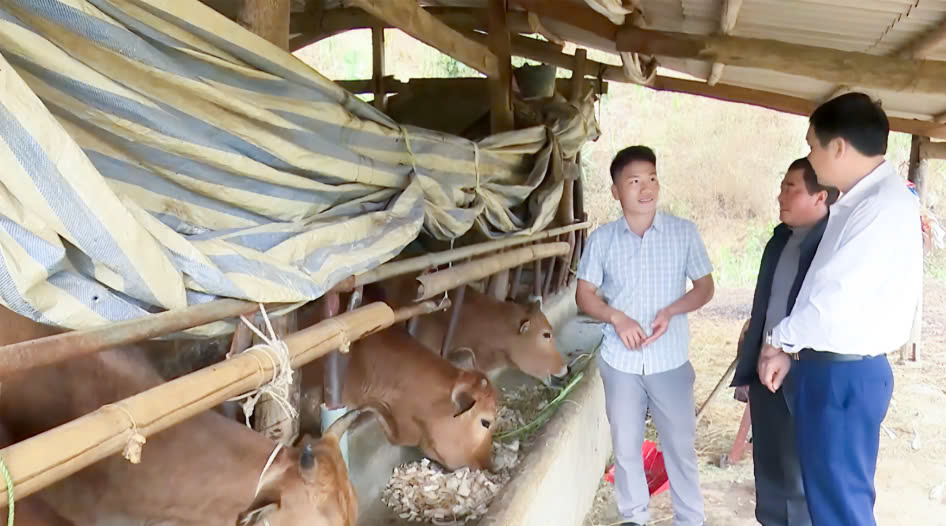
Not only does the project focus on increasing productivity, it also focuses on nutrition and gender equality. Ethnic minorities have actively applied bio-safe livestock farming models, contributing to improving the nutritional quality of the community. At the same time, the project enhances the participation of women, youth and ethnic minorities in the livestock value chain.
Assessing the Sheep Farming Project, Mr. Nguyen Ngoc Toan, Director of the Department of Animal Husbandry, Veterinary and Fisheries, informed: with the form of support, technical intervention, and orientation to help farmers convert to suitable production, the project has initially changed people's awareness of sustainable livestock farming; paying more attention to environmental issues. In particular, ethnic minorities have proactively applied biosafety livestock farming models, contributing to improving food security and improving nutritional quality for the community. The project has also promoted the equal participation of men, women, youth and ethnic minorities in the livestock value chain.
Through raising awareness, transferring techniques and supporting people to apply advanced livestock models, the Henh project has contributed to promoting the sustainable development of the livestock industry in Mai Son district, building new rural areas, improving the quality of life for people and promoting gender equality in the community.
In Chum village, Chieng Dong commune, Yen Chau district, the project of intensive cultivation and improvement of mango varieties according to VietGAP standards is also bringing about encouraging results. This model has helped farmers improve the productivity, quality and value of their mangoes.
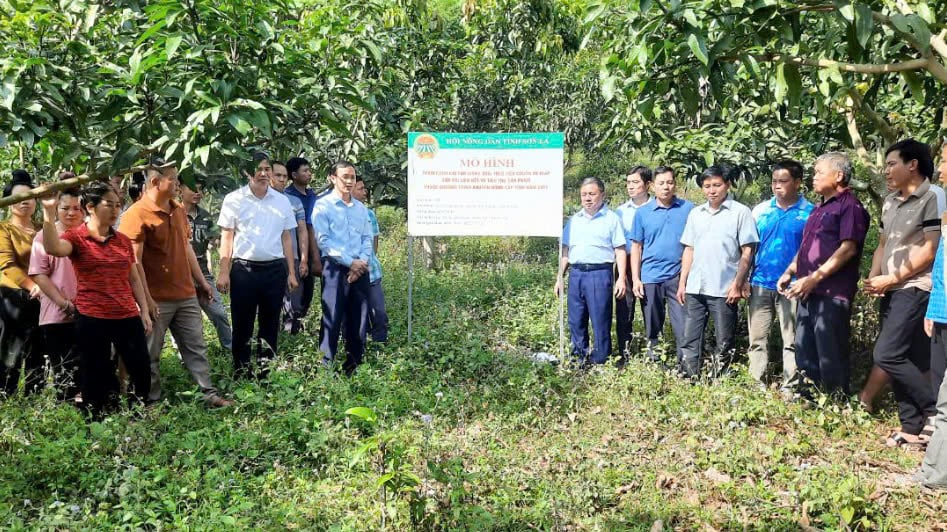
The model has been implemented since 2022, with 8 farmer households from Chum village, Chai village, Dong Tau village, Chieng Dong commune participating with a scale of 10 hectares. Households are supported with materials and fertilizers; transferred intensive farming techniques, mango tree improvement, such as fertilization and watering techniques; pruning, shaping, and canopy creation after harvest; stimulating new shoots, flower buds, managing nutrition and improving mango fruit quality through fruit wrapping; pest and disease treatment; production techniques according to VietGAP standards...
After 3 years, households participating in the model know how to apply intensive technical measures, improve mango gardens, improve productivity, quality, economic efficiency, increase the competitiveness of similar fruit products on the market, contributing to promoting the shift in crop structure. At the same time, promote the linkage of production and product consumption, increase income for households participating in the model.
Projects such as Chan Henh and the VietGAP mango model not only bring economic benefits but also raise awareness about sustainable livestock farming, nutrition and gender equality. These are important steps in the journey to build new rural areas, improve the quality of life and build a brighter future for people in the highlands.
Source: https://kinhtedothi.vn/son-la-thay-doi-nhan-thuc-cua-ba-con-ve-nuoi-trong-ben-vung.html


![[Photo] 2nd Conference of the Party Executive Committee of Central Party Agencies](https://vstatic.vietnam.vn/vietnam/resource/IMAGE/2025/3/31/8f85b88962b34701ac511682b09b1e0d)
![[Photo] Speeding up construction of Ring Road 3 and Bien Hoa-Vung Tau Expressway](https://vstatic.vietnam.vn/vietnam/resource/IMAGE/2025/3/31/f1431fbe7d604caba041f84a718ccef7)
![[Photo] General Secretary To Lam receives US Ambassador to Vietnam Marc E. Knapper](https://vstatic.vietnam.vn/vietnam/resource/IMAGE/2025/3/31/5ee45ded5fd548a685618a0b67c42970)
![[Photo] Prime Minister Pham Minh Chinh receives delegation of leaders of US universities](https://vstatic.vietnam.vn/vietnam/resource/IMAGE/2025/3/31/8be7f6be90624512b385fd1690124eaa)


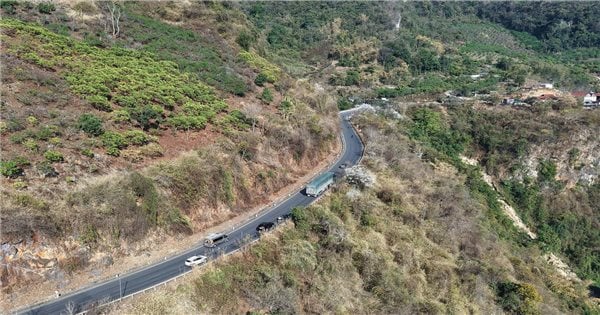

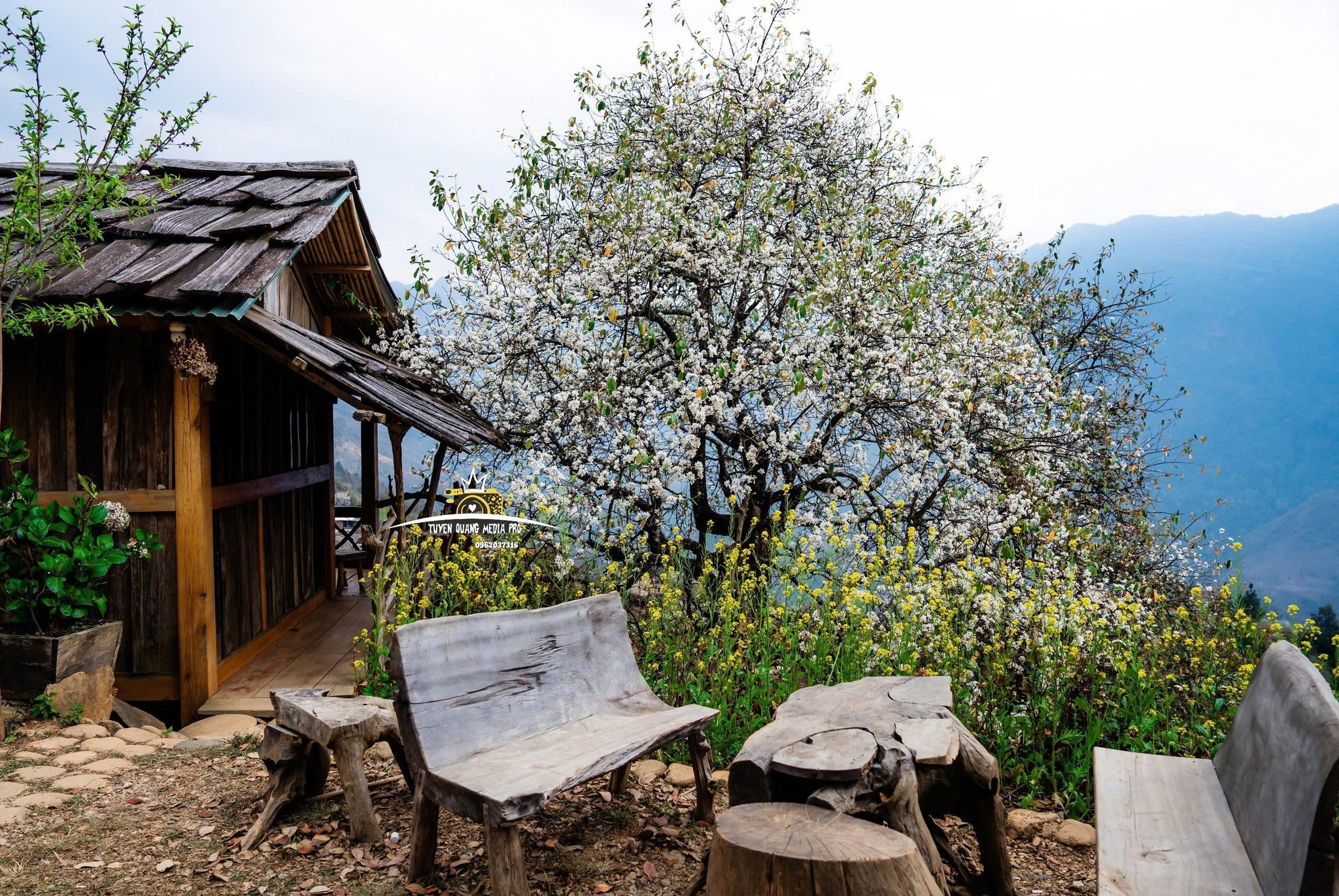

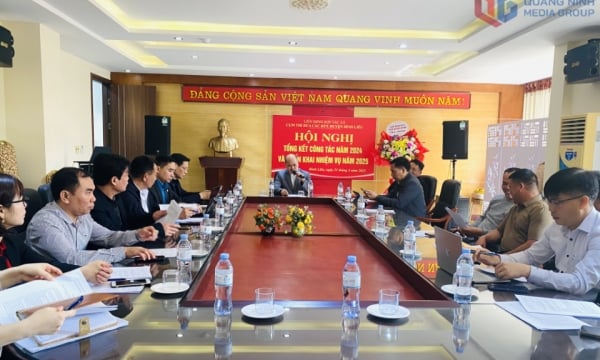

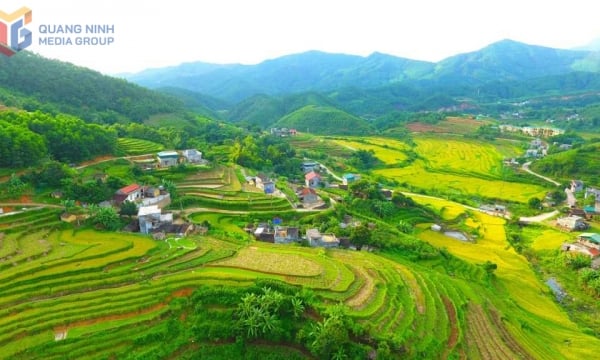
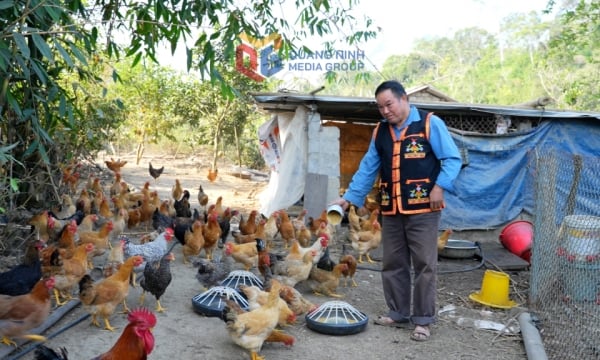
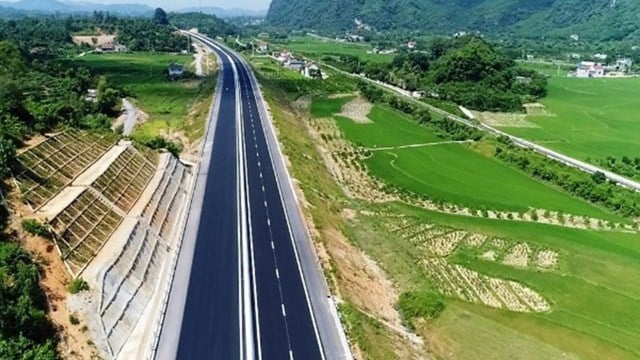
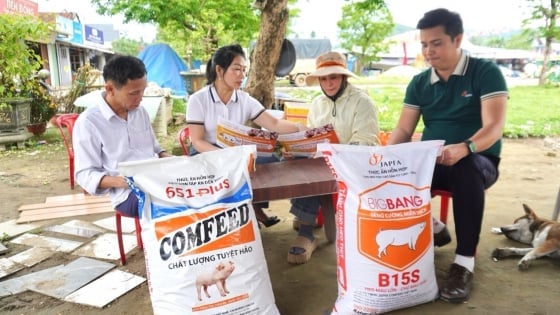
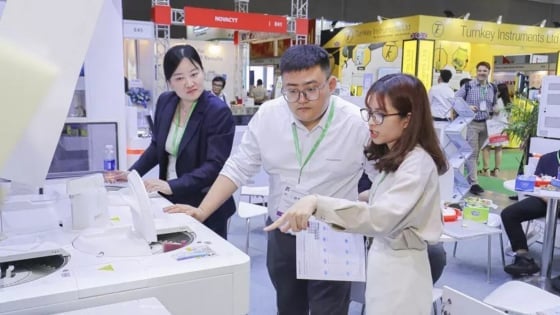

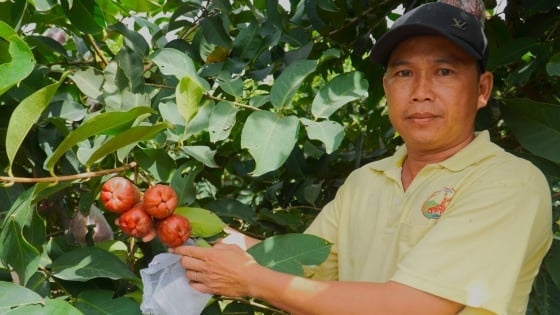
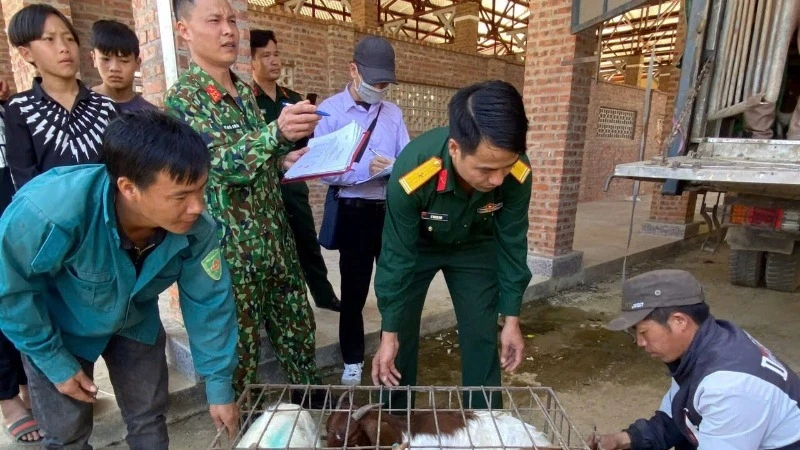
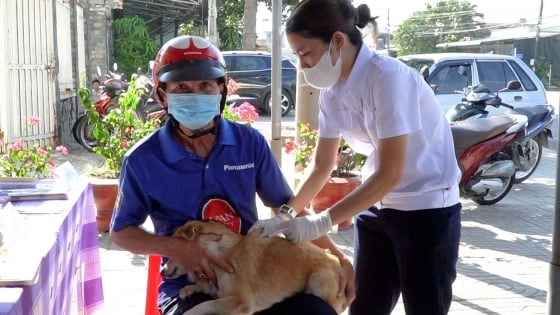






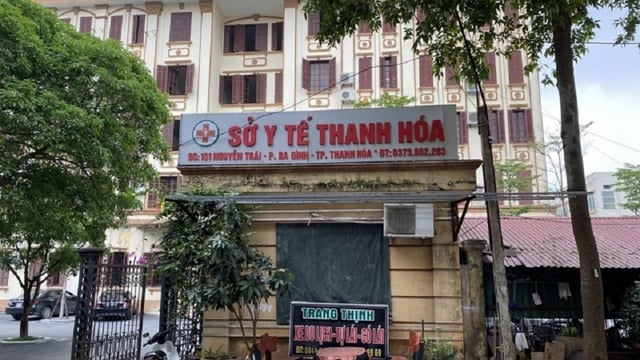
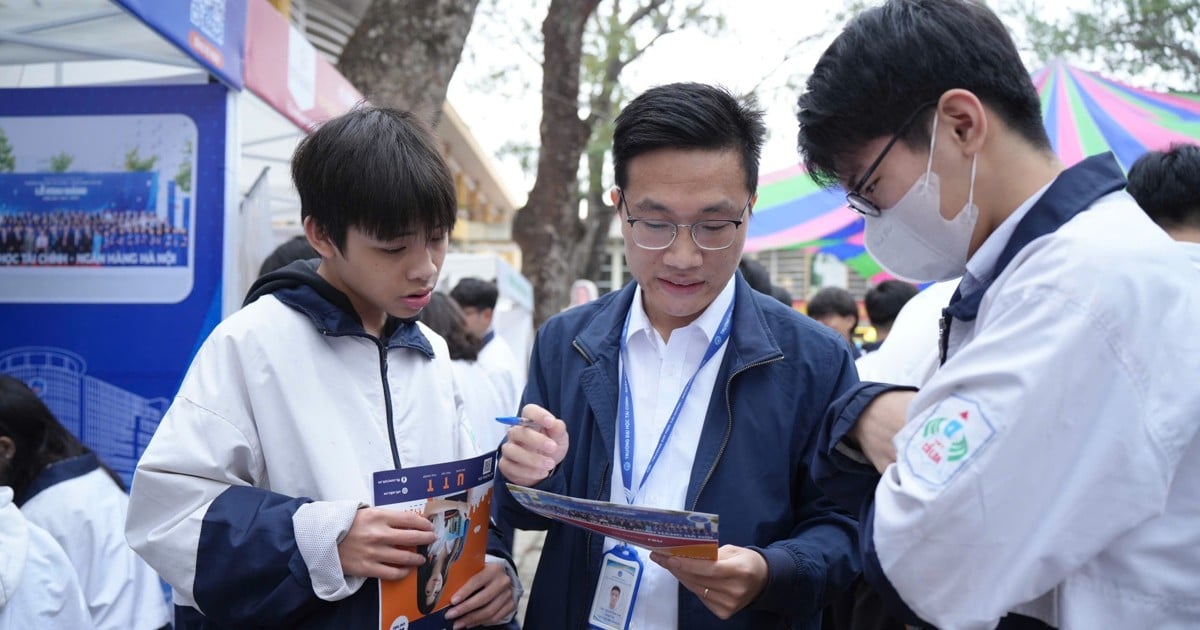
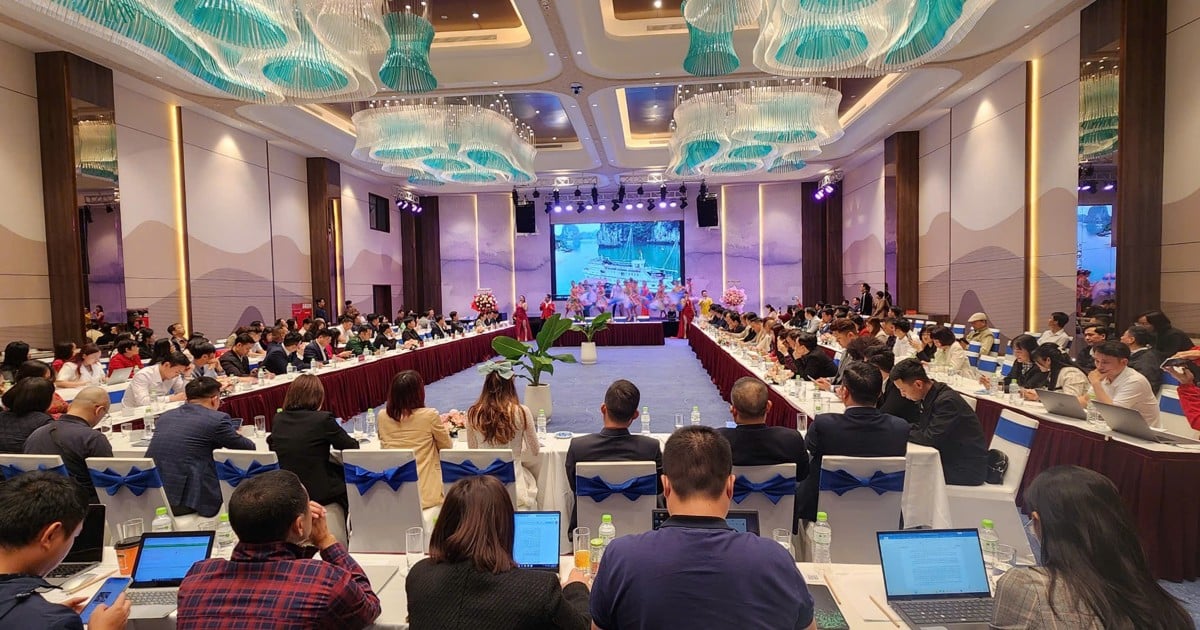

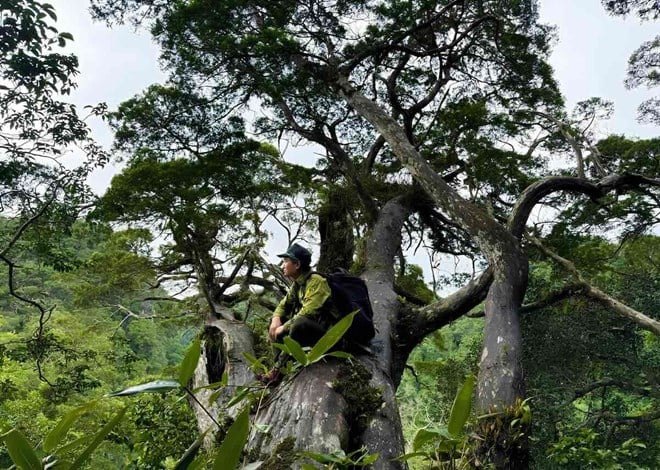









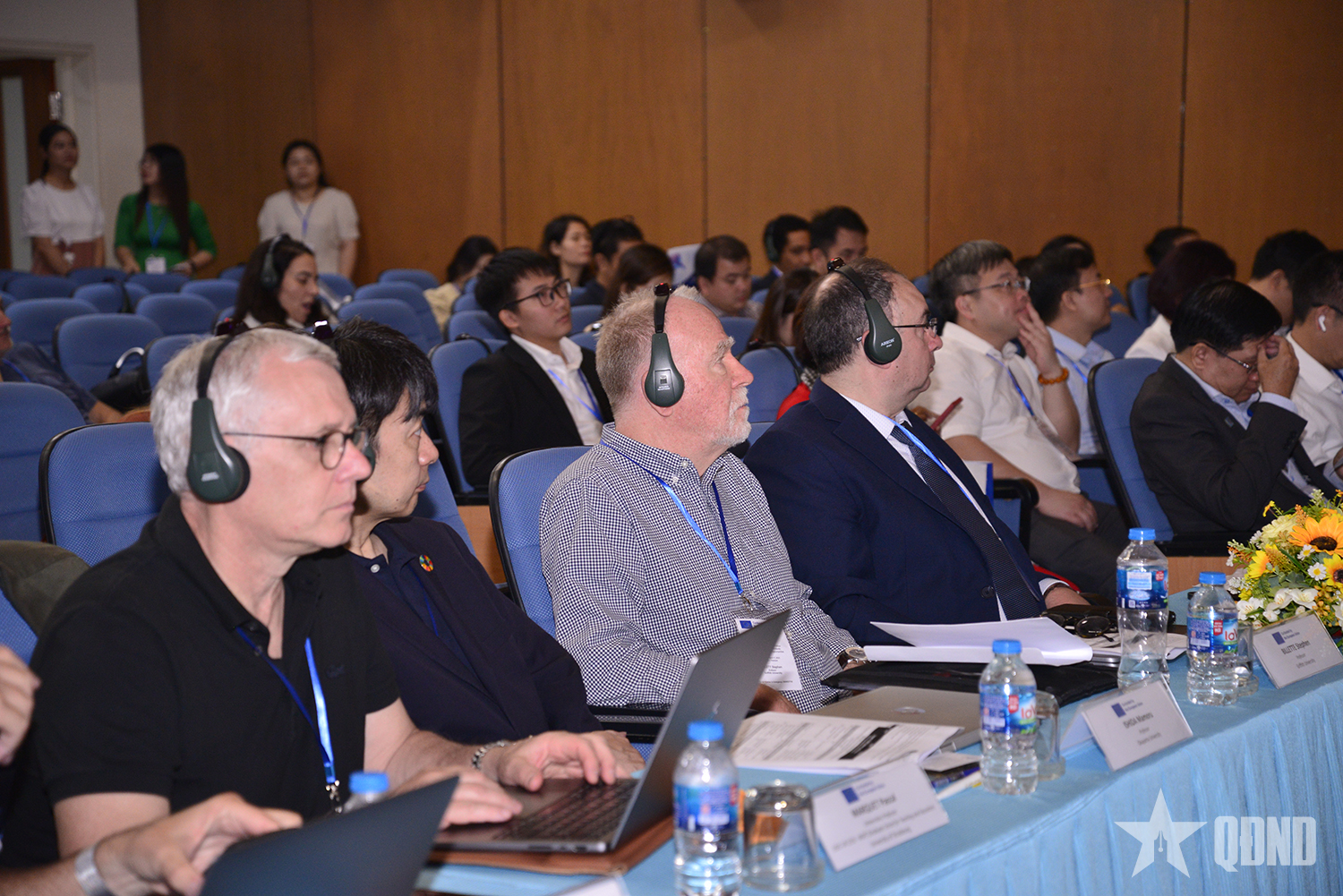




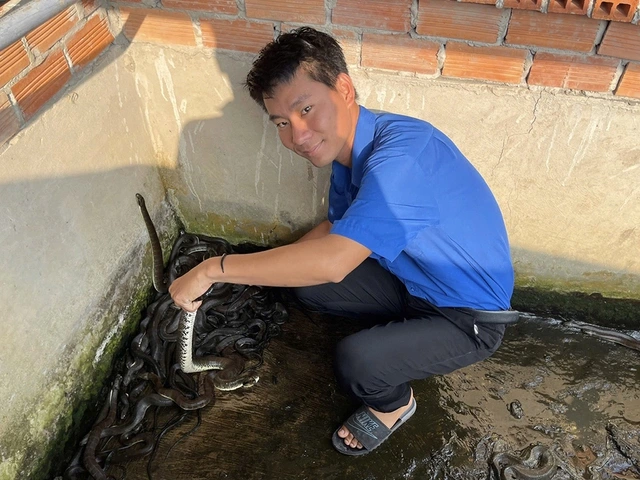


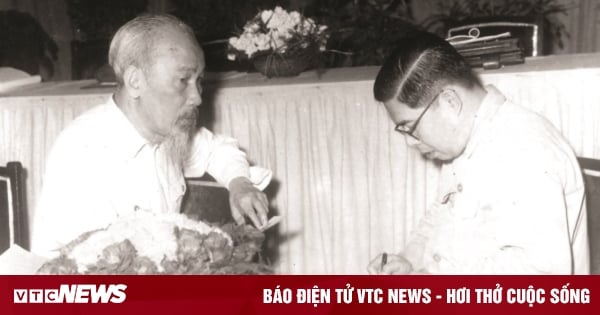













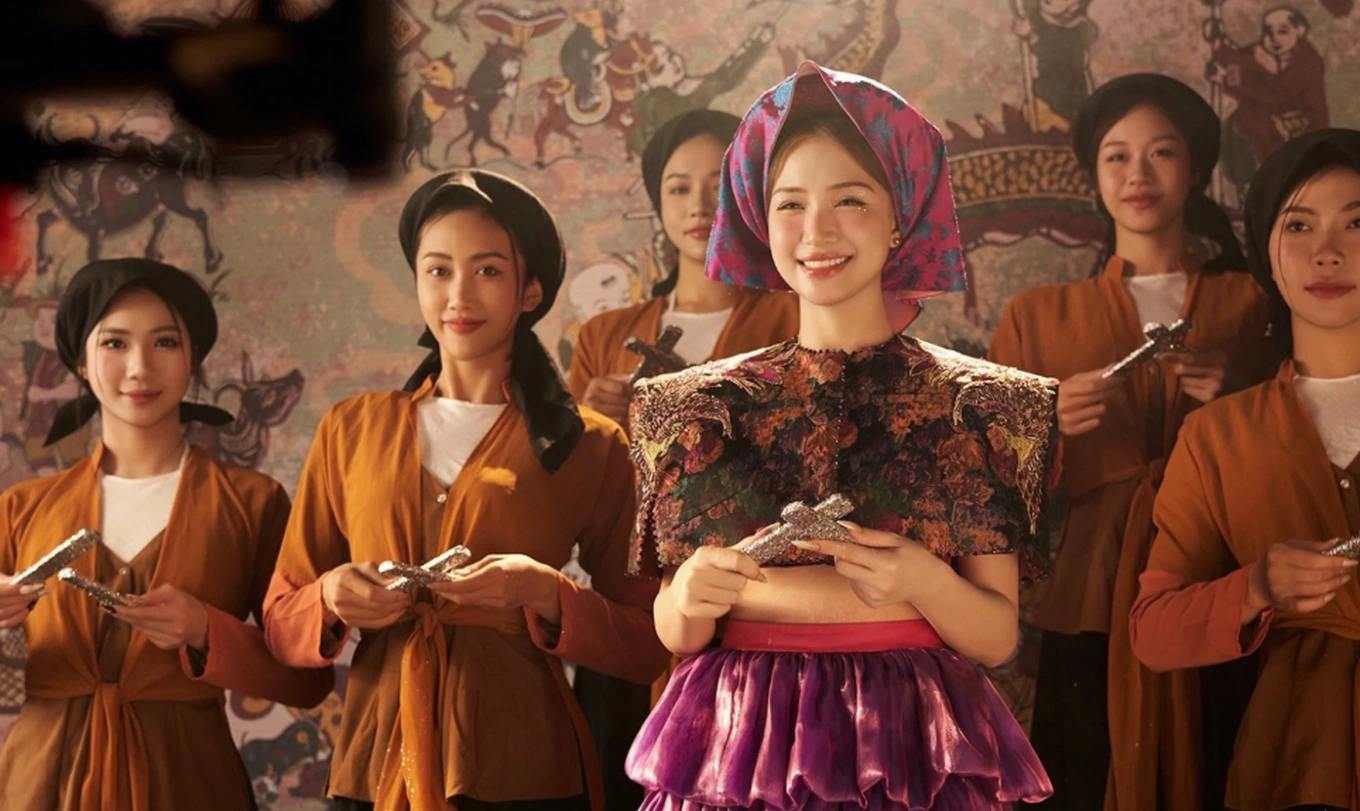
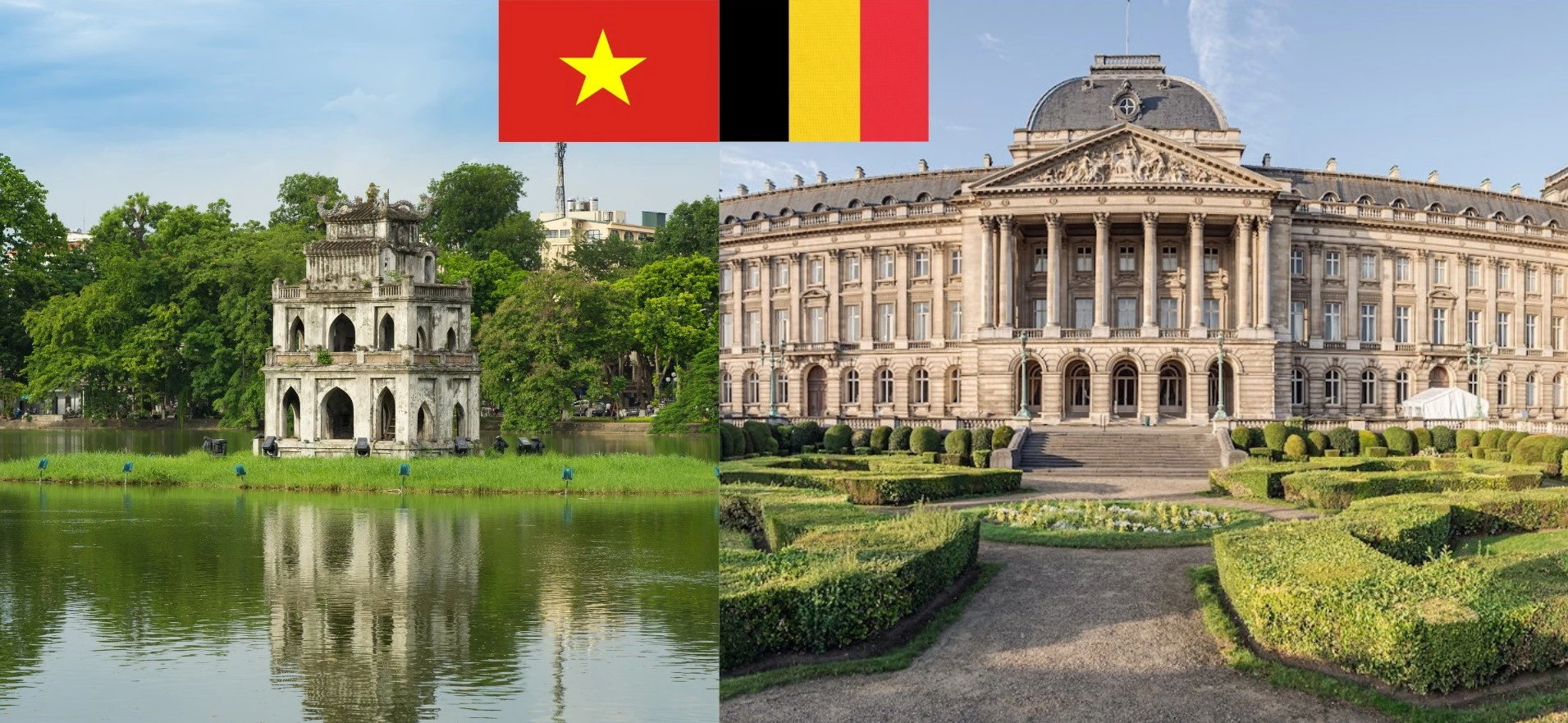
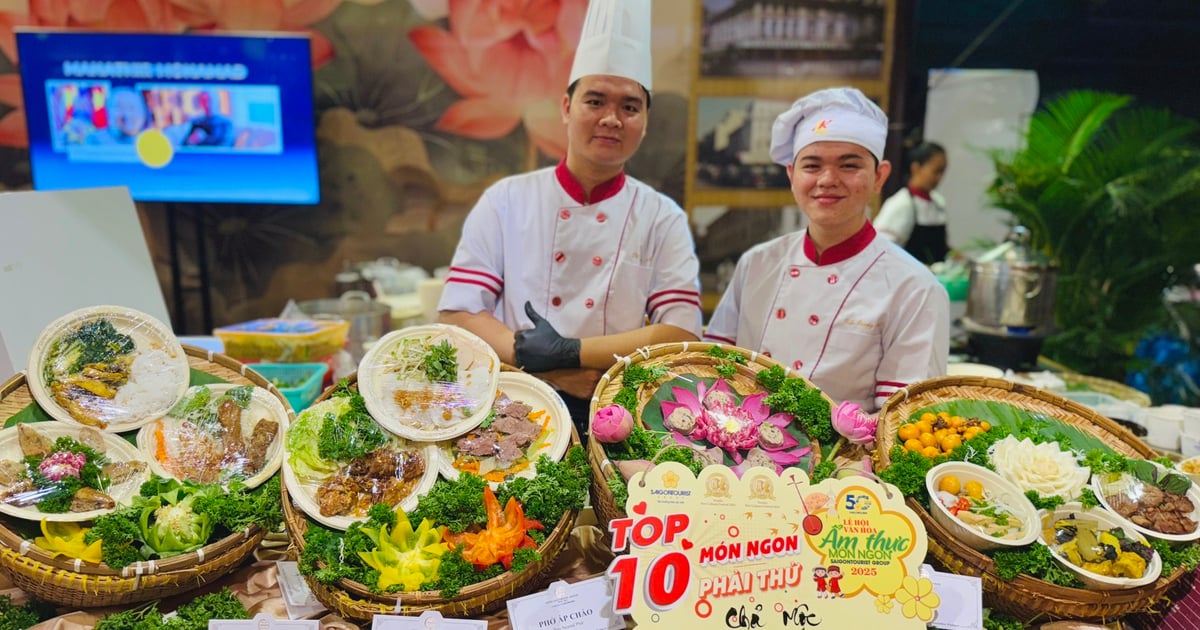



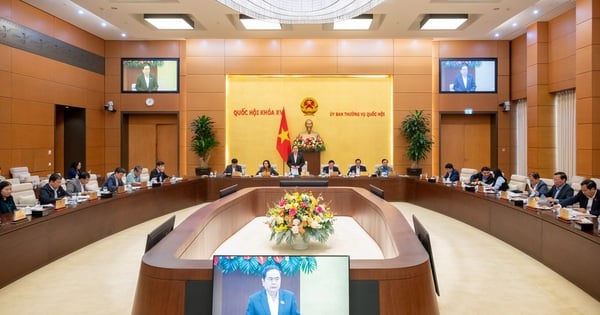
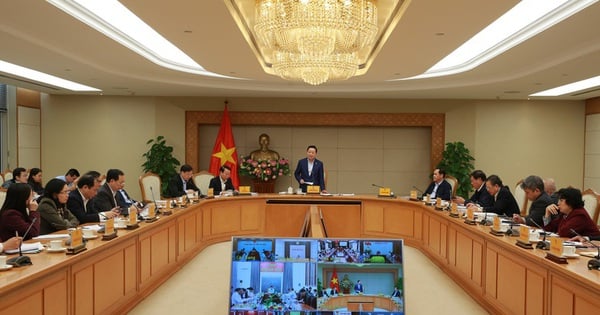
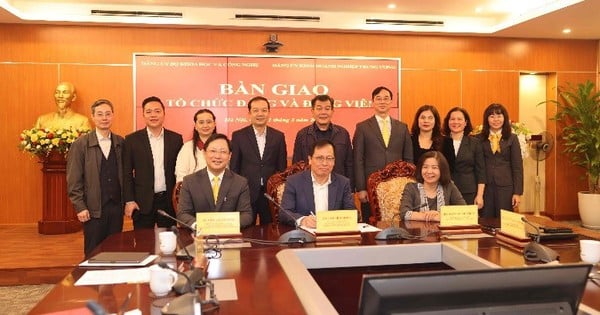

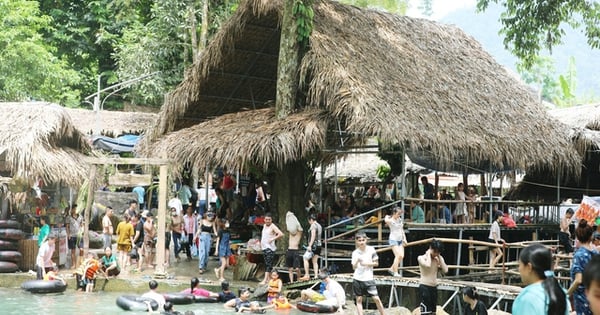


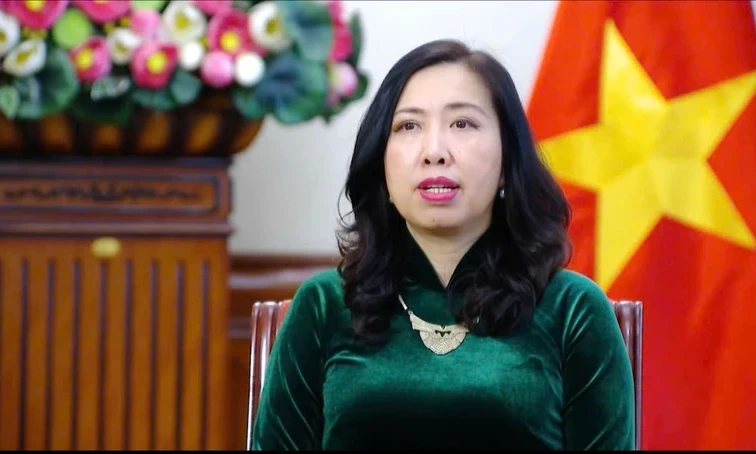

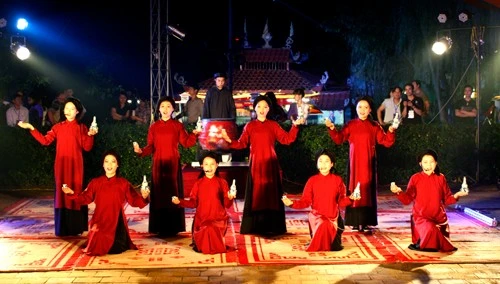

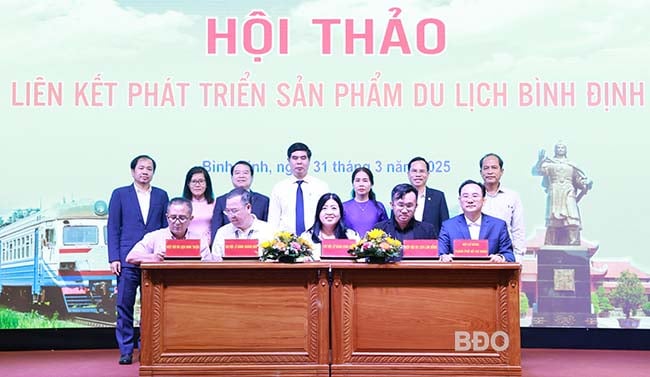
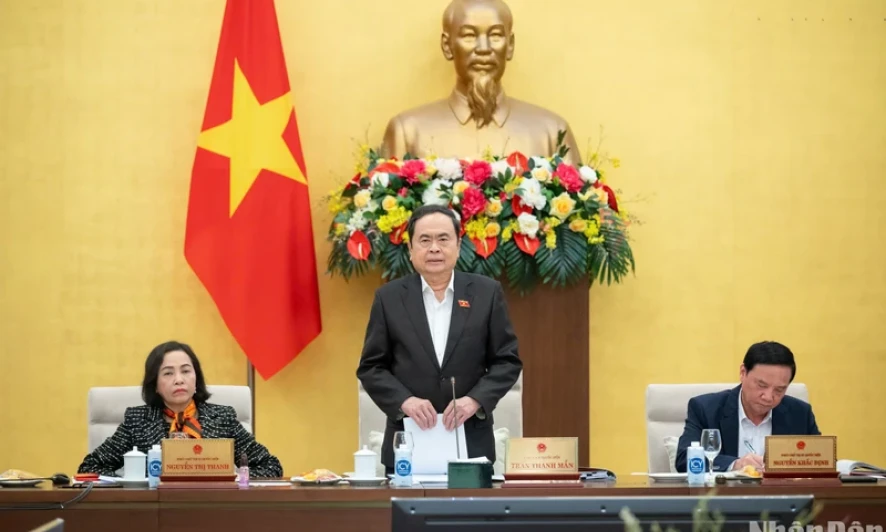











![[REVIEW OCOP] An Lanh Huong Vet Yen Cat](https://vstatic.vietnam.vn/vietnam/resource/IMAGE/2025/3/27/c25032328e9a47be9991d5be7c0cad8c)

Comment (0)